asertain® Validation Services
mdi’s asertain® validation services are tailored to meet specific customer requirements while ensuring alignment with regulatory expectations.
Filter Validation Services
Microbial Validation Studies
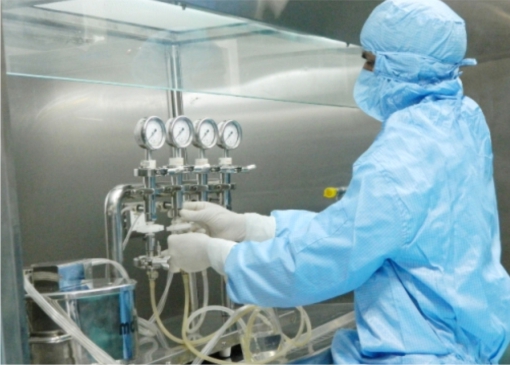
The drug product or simulant is inoculated with the challenge organism at challenge level of > 1 X 107 viable organisms/cm² of filter area and the test is performed on filters from three different lots, with at least one having a pre-filtration physical integrity test value at/or near the filter manufacturer specified limit.
Conducting a filter integrity test for sterilizing grade filters, used in drug product sterilization, is a crucial aspect of sterile drug product manufacturing. The product itself serves as the most appropriate wetting fluid. Specifications for product-wetted integrity tests become particularly valuable when Pre-use Post Sterilization Integrity Testing (PUPSIT) is part of the process.
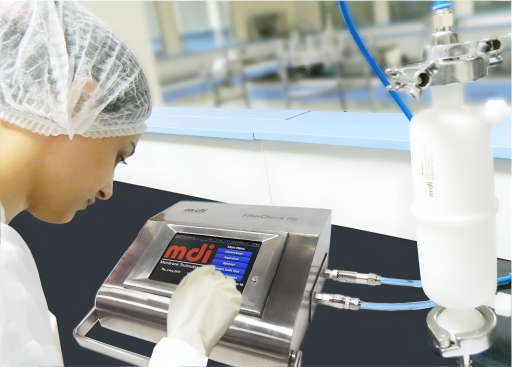
Extractable Study
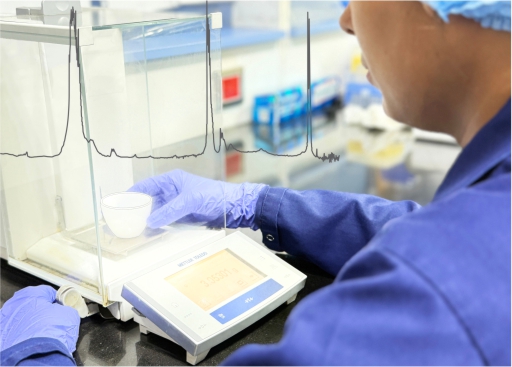
The “Extractable study” is an essential part of filter validation in the pharmaceutical and biopharmaceutical industries. Extractable study under asertain® filter validation ensures that the filters used in the manufacturing processes, particularly those for sterile products, do not release high amount of leachables into the product.
An extractable study is designed to identify and quantify the chemical compounds that may leach from a filter under exaggerated conditions, such as extreme pH, temperature, and solvent conditions. These compounds are referred to as “extractables.”
Adsorption Test
Adsorption is a fundamental surface phenomenon where molecules from drug product components, such as therapeutic proteins, oligonucleotides, APIs, preservatives, antioxidants, and surfactants, bind to the surface of a membrane. This can affect the product’s composition and concentration.
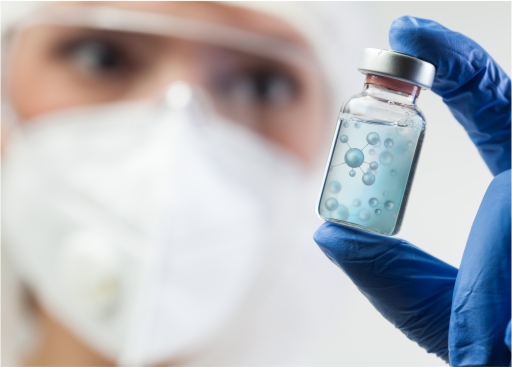
Physicochemical Compatibility Test

The filter’s characteristics must be compatible with the fluid and remain unaffected by the product being filtered. Ensuring the filter’s compatibility with the product is crucial. Chemical compatibility testing involves the entire device and depends up on fluid, filtration temperature, and contact time. Common physicochemical compatibility tests include integrity testing, flow rate testing, thickness testing of the membrane, filter media, support layers, and O-rings, as well as weight testing of these components before and after exposure to the test product under process conditions.
Throughput Study
Filter throughput capacity depends on factors such as porosity, pore size, nonspecific adsorption, pore shape, filtration area, and contamination load in the process fluid. A filter throughput study measures the total volume that can be filtered through the effective filtration area under defined process conditions. The objective is to determine the appropriate size of a prefilter or sterilizing grade filter for the complete filtration of a given batch of process fluid.
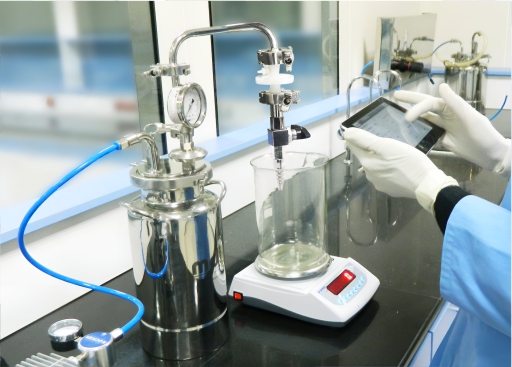
SUS Validation Services
Physicochemical Compatibility Test

Single use assemblies are highly customized fluid management systems used in manufacture of biopharmaceuticals. These systems must be compatible with the fluid in contact and must remain unaffected in terms of their integrity and other functional aspects. These systems , depending upon the process requirements, incorporate a wide range of single use components such as bags, tubing, filling needles, fittings, connectors etc., with different materials of construction.
Adsorption Studies
Adsorption of process fluid components to the surface within the fluid pathway of a single use system may impact critical biopharmaceutical manufacturing steps such as cell growth, resulting in low product titre, downstream purification, and drug substance concentration. It may also affect label claim values of drug product components such as therapeutic proteins, oligonucleotides, preservatives, antioxidants, andsurfactants.
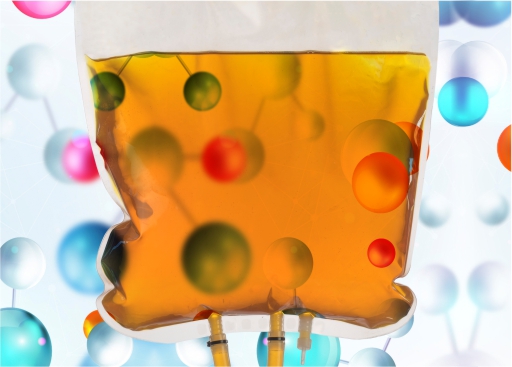
Extractables & Leachables Studies
Advanced E & L Studies
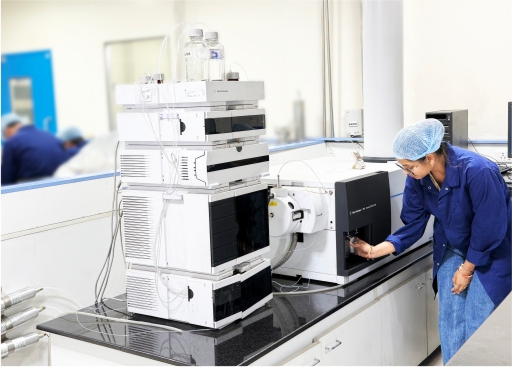
Establishing process specific extractable profile of the single use component is a pre-requisite for establishing the need for conducting leachable studies. This requires a detailed identification and quantification of volatile, semi-volatile and non-volatile organic compounds under simulated process conditions. Toxicity evaluation of the extractable profile based on the safety concern threshold (SCT) established from patient daily exposure (maximum dosage) helps establish whether the toxicity risk level is acceptable or not. In case the risk is unacceptable, a leachable study with the drug product is required.
Toxicological Assessment
A toxicological evaluation of the extractables profile for impact assessment of potential leachables and if required of leachable compounds is carried out to establish the potential toxicological risk to final drug product safety.
This is carried out using the Toxtree software based on Cramer’s Classifications detail the nature of impurity in terms of genotoxic or non-genotoxic carcinogenicity, skin sensitization, skin irritation, and eye irritation.
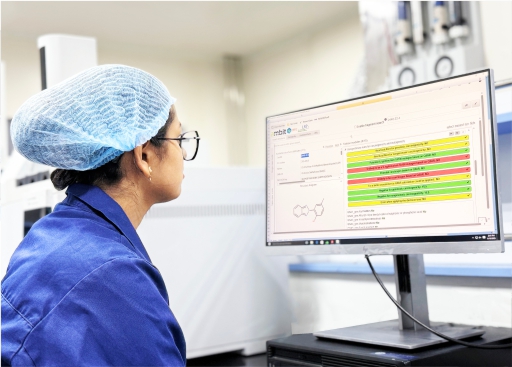
Process flow: asertain® processes your query into a complete validation pathway

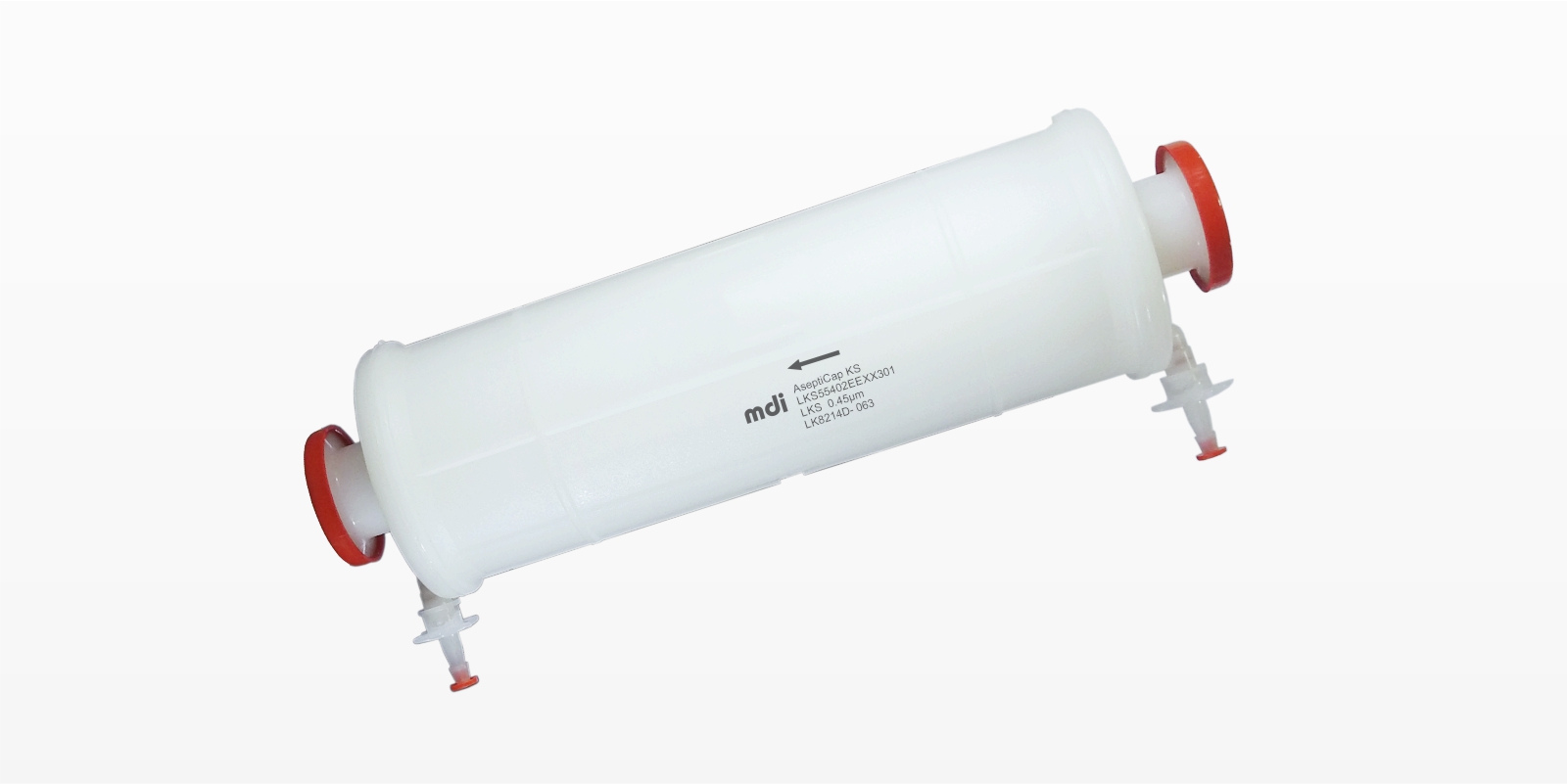
Consult our Validation Experts
At mdi, our experienced Validation Experts work closely with you to ensure your critical filtration and separation processes meet stringent regulatory and quality standards. We offer in-depth technical support, tailored validation protocols, and comprehensive documentation to address your unique application needs.
Our dedicated team is here to guide you at every step — ensuring reliable performance, regulatory compliance, and peace of mind.
